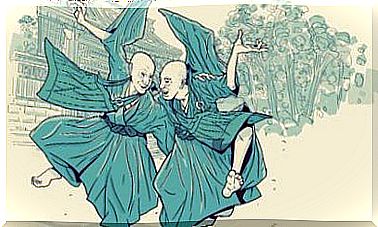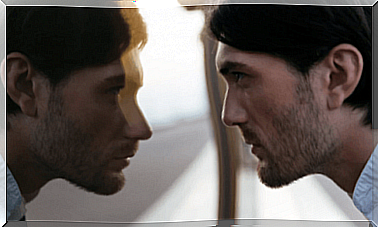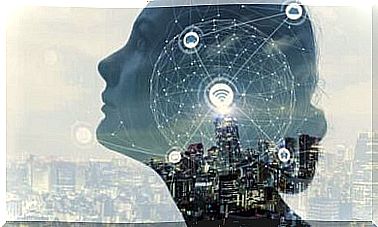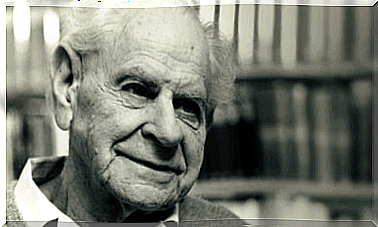Is Consciousness A Product Of The Brain?
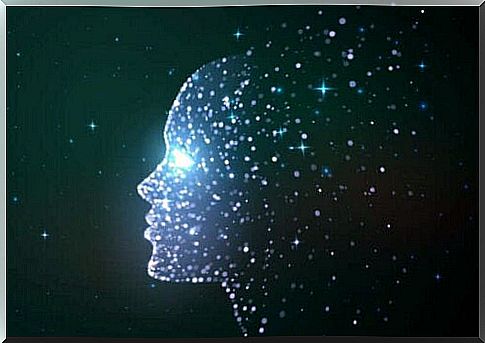
Lujan Comas, a licensed physician specializing in anaesthesiology and resuscitation, says that consciousness is not a product of the brain. He believes that consciousness uses the brain. Similarly, Stuart Hameroff, a psychologist at the University of Arizona , and Roger Penrose, a mathematical physicist at the University of Oxford , suggested that the body’s microtubules, rigid hollow rods in cell cytoskeletons, act as channels for transmitting quantum information responsible for consciousness.
In a near-death experience, the heart and brain stop working. People who have been clinically dead and then resuscitated may actually explain their sensory perceptions as if they were outside their bodies. They see themselves and everything that is happening around them in that moment, they see their whole life pass in revue and understand the meaning of their existence. They feel an unconditional peace and love that is hard to describe.
Due to biological conditions, consciousness may not exist in the brain, as most people assume. It is a kind of energy, and we know that energy cannot be created or destroyed. Instead, energy is transformed and lasts. When you die, the contents of these microtubules return to the quantum consciousness. If you are revived, you can recover that information.
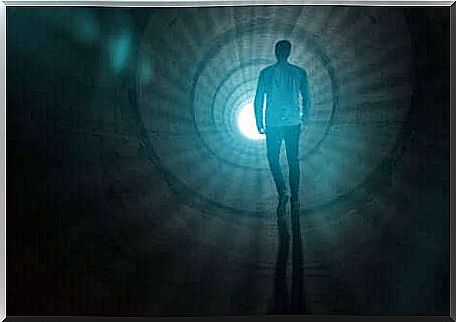
Is consciousness a product of the brain ?: Theories of near-death experiences (NDE)
Conventional medical theory claims that near-death experiences are only hallucinations. One explanation is that a lack of oxygen to the brain triggers such experiences. Another is that they are caused by too high levels of carbonic anhydrase or epilepsy in the temporal lobe.
People who have had near-death experiences often describe them in the same way, or at least their stories have some common elements. Children talk about seeing an angel, atheists talk about an “energy”, and believers say they saw God. These seem to be different names for the same thing.
Near-death experiences and life-ending experiences seem to support the idea that consciousness transcends the body. However, this is not a belief similar to having faith in religion or a god. The experiences are the subject of scientific research all over the world.
Most people who have had near-death experiences change their values in some way afterwards. They stop being afraid of death and radically change the way they live their lives. Sometimes they switch careers to work in a field that gives meaning to their lives and helps others in some way.

Is there a kind of overarching consciousness that connects us all?
Van Gulick (2004) argued that no aspect of the mind is more familiar or confusing than the experience of personal and holistic consciousness. Current theories of the mind explore the problem of consciousness.
Although there is a lot of controversy and disagreement about the idea of consciousness, there is also agreement that we need to understand it and its place in nature. We must understand consciousness and how it relates to behavior.
A study published in the journal Neuroscience of Consciousness suggests that the conscious mind implements algorithms in space instead of in time, within the electromagnetic field of the brain. When you look at it that way, it seems that consciousness is not entirely subjective.
In conclusion, it is clear that consciousness is not a product of the brain. But is there a kind of consciousness that learns continuously and connects to everything? Maybe. Everything in this world is made of subparticles, and everything can be connected at the subparticle level. If we understood death differently, we would surely live our lives very differently.
